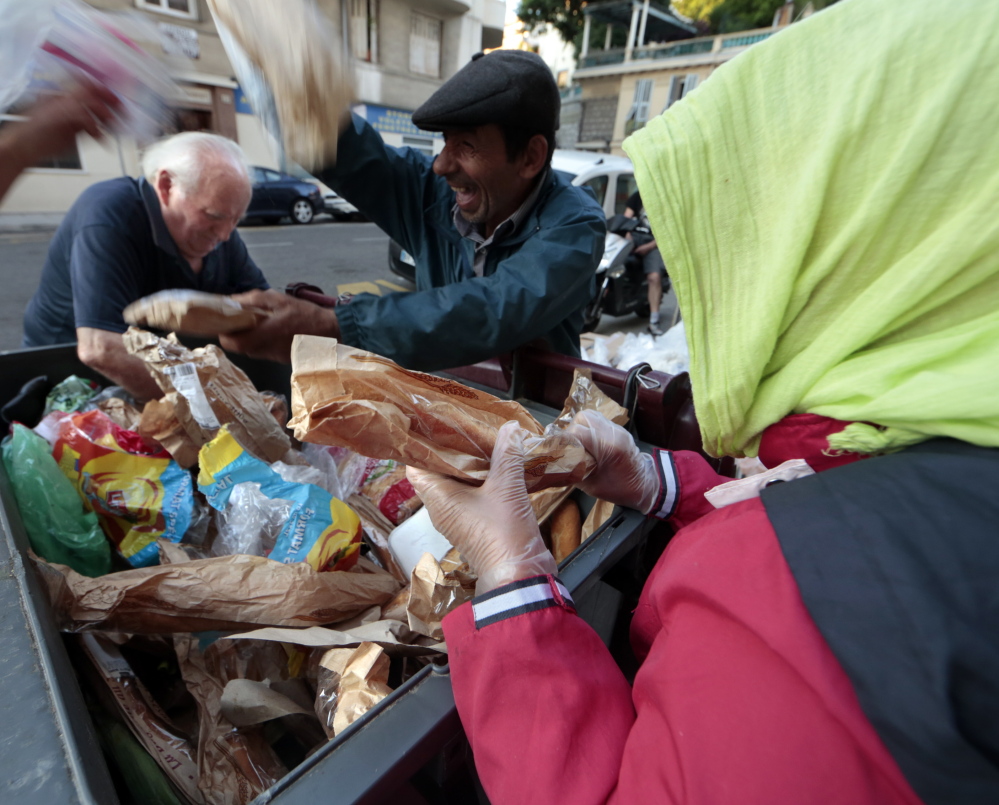In an effort to curb food waste, which accounts for roughly one-third of all food produced worldwide, France is making it illegal for supermarkets to throw away any food that is considered edible. The European country’s parliament voted unanimously for the new law, which will force grocers to either donate the food to charity or make sure that it is used as animal feed.
The law, as written, is one of the most stringent attempts to cut the amount of edible but unbecoming produce tossed out every day. As of July 2016, large supermarkets in France – those approximately 4,300 square feet and larger – will face fines of up to $82,000 for failing to comply.
France’s pivot comes on the heels of a pledge by the European Union to reduce food waste by 50 percent by 2025. But it also follows a number of other forward-thinking measures in France, aimed at halting the practice of tossing out food because of overly conservative expiration dates. In 2013, for instance, the country pushed forth legislation that forced food sellers to label foods in a way that more closely reflected their true shelf life.
Food waste is hardly specific to France, or Europe. Inefficiencies have led to a reality in which countries everywhere – especially developed ones – throw out more food each year than is needed to feed every hungry mouth around the world. In the United States, perhaps the most flagrant example, some $160 billion in food never gets eaten each year. America, as it happens, throws out more food than plastic, paper, metal and glass.
Copy the Story LinkSend questions/comments to the editors.



Success. Please wait for the page to reload. If the page does not reload within 5 seconds, please refresh the page.
Enter your email and password to access comments.
Hi, to comment on stories you must . This profile is in addition to your subscription and website login.
Already have a commenting profile? .
Invalid username/password.
Please check your email to confirm and complete your registration.
Only subscribers are eligible to post comments. Please subscribe or login first for digital access. Here’s why.
Use the form below to reset your password. When you've submitted your account email, we will send an email with a reset code.